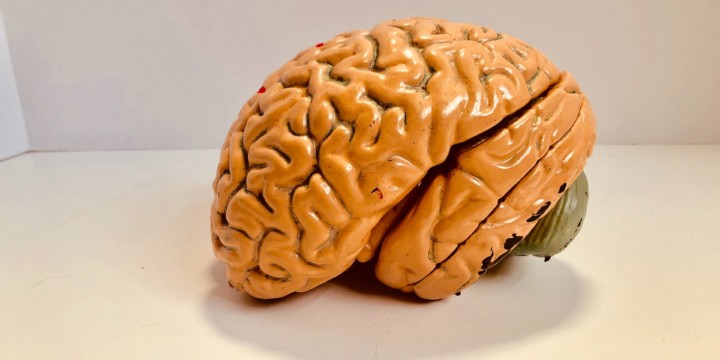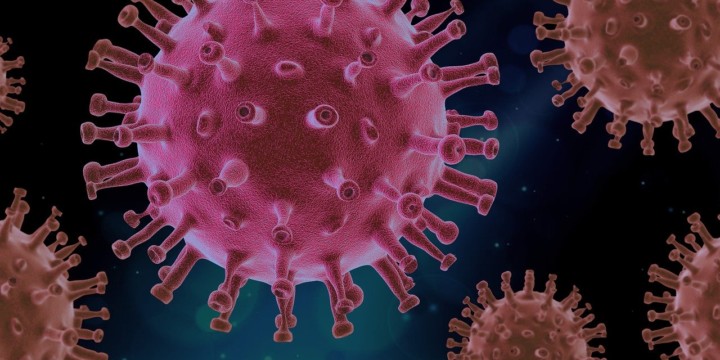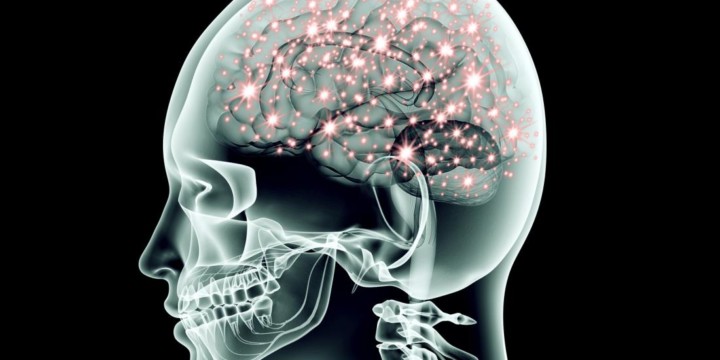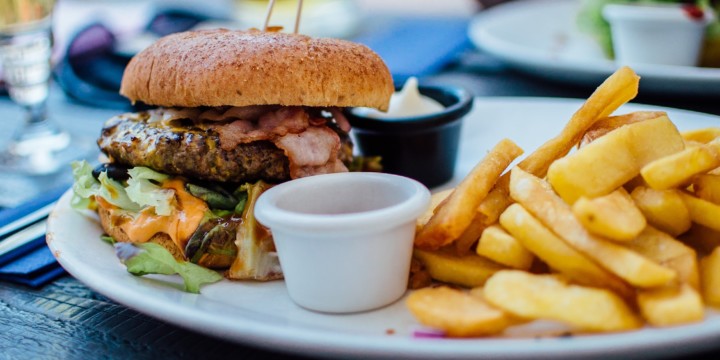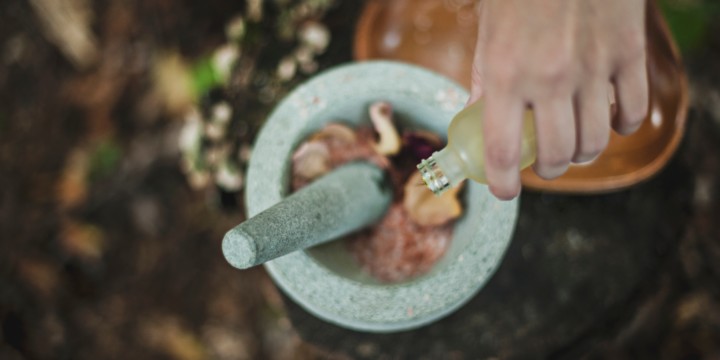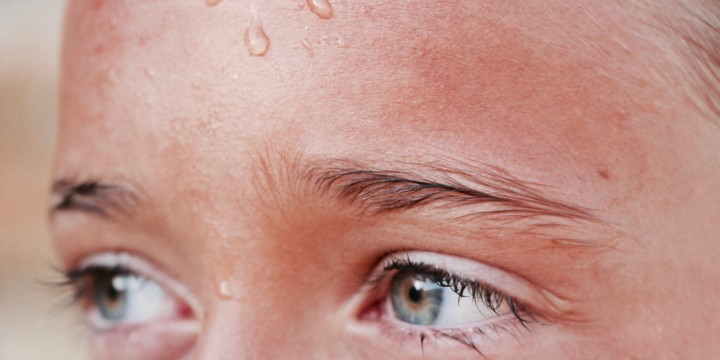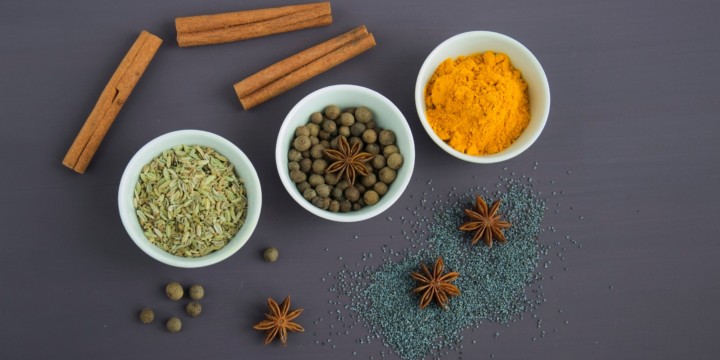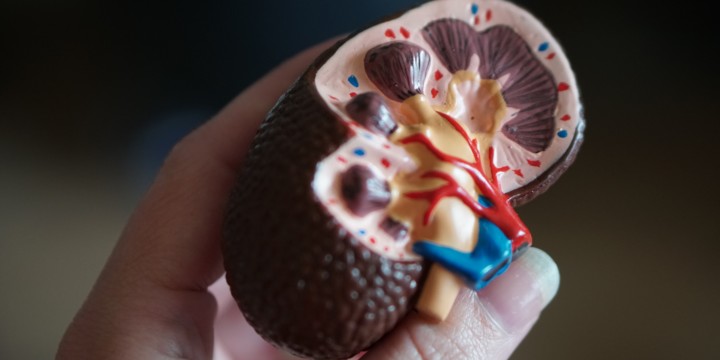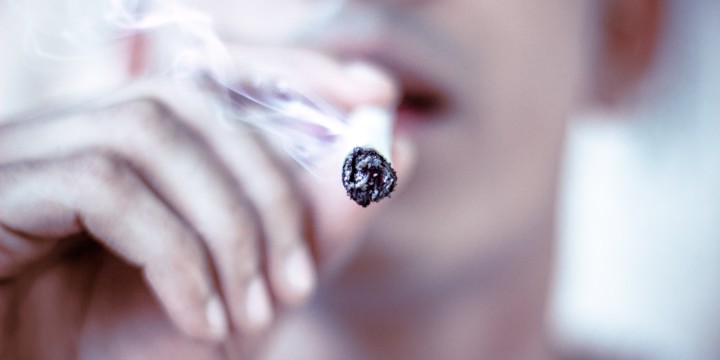Physiology of Dry Eyes
Xerophthalmia is one of the most common eye disorders. Dry eye causes severe irritation, discomfort, diminished vision and causes a negative impact in the quality of life. This condition arises when the eyes fail to produce sufficient tears. Tears act a lubricant to the eyes, keeping them moist and washing away the pathogens.
A teardrop has three component outer oily layer prevents the tears enabling the tear to stay within the eyelids and protect the globe, middle watery layer contains proteins that help nourish the cornea, conjunctiva and the membrane lining the eyelids, and the innermost mucous layer makes sure the eyes are well moisturised and wet. Approximate 1.2ml of tear is produced each day when insufficient tears are produced or the composition changes it can affect the health of the eye as well as the sight.
Causes
Psychological causes and the commonest ones are smoke, wind, an excess of screen time without blinking, seasonal allergy and due to hormonal changes during pregnancy and menopause
Medications such as decongestants, antihistamines, antidepressants and birth control pills
Medical conditions such as vitamin A deficiency, Sjogren’s syndrome, scleroderma, diabetes, rheumatoid arthritis, rosacea, thyroid disorders, Parkinsonism and eosinophilia.
Symptoms
- Gritty sensation in the eye while blinking
- Difficulty in seeing a bright light
- Blurred vision
Treatment in Allopathy
First, treat the symptom with an artificial tear in the form of eye drops. Wear sunglasses to prevent the symptoms and further damage
Next step is to correct the nutritional deficiency if any and treat the cause accordingly
Ayurveda and Dry Eyes
The mythology of Ayurveda holds eyes in high esteem. According to Ayurveda, the eye is ruled by the sun; they are bright, brilliant and full of luster. Because of the connection with the sun, the eyes are thought to be fiery in nature and therefore more easily irritated by the hot days of the sun. Pitta is associated with fire, and vata is linked with air and wind, hence dry eye is mainly caused due to vitiation of vata and pitta dosha.
Treatment of dry eye in Ayurveda
Ayurvedic Therapies
- Netra tarpana is used to treat dry eye in which the eye is immersed in ghee bounded by uncooked wheat dough. This is very beneficial in treating dry eye and its associated symptoms
- Netra basti is where the eye is washed with medicated oils prevents and treats dry eye
- Nasya is a procedure where medicated oils or ghee is poured in droplets through the nose. This helps in opening the blocked tear ducts.
Ayurvedic Diet for Dry Eyes
- Food rich in proteins should be consumed.
- Consumption of fish is very beneficial in treating dry eye as it is rich in omega 3 fatty acids
- Ghee and butter are beneficial for dry eyes as they are cooling and help balance vitiated vata
- Heavy and large portion meals should be avoided
- Hot, spicy and pungent tastes must be avoided as these will aggravate the condition further.
- Fluids and fresh vegetables (in salads) must become an important part of every meal.
- Consuming processed and canned food can worsen the
Lifestyle modification
- Drink at least 3-4 litre of water daily for adequate lubrication of the eye
- 7 to 8 hours of sleep is necessary for sparkly eyes
- Gentle massage of the eyelids is recommended before going to bed at night
- Maintaining eye hygiene is very essential. Unnecessary touching of the eye should be avoided and it is not necessary to wash the eyes while bathing or at any other time.
- Clean water can be used to clean the eyes if any foreign body gets trapped.
- Smoking should be avoided as it worsens the condition
- Take a break every half an hour from computer screens
- Yoga and pranayama are extremely beneficial in treating dry eye
- Regular head massage with coconut oil reduce dry eye periodically
Ayurvedic Herbs
- Amalaki churna is beneficial for the overall health of the eye and improves vision drastically
- A teaspoon of Triphala powder taken along with honey is very effective in treating dry eye
- Internal and external use of Triphala ghrit (ghee) soothes and strengthens the eye.
- A little massage over and around the eyes are done for the added benefit
- Massaging Castor oil over the eyelids every night before going to bed relieves dry eye
- Washing the eyes with rose water soothes and relaxes the eyes.
- Fennel seeds soaked in water overnight and using this water to wash the eyes reduce redness and itching of the eye
- Aloe vera gel/ pulp can be used to massage the around the eyes, provides a soothing effect and relieves dryness of the eyes
Yoga and Pranayama for Dry Eyes
- Blinking is very essential for the health of the eye, it lubricates them
- Palming relaxes and rejuvenates the strained eyes
- Far and near focusing, zooming, side way viewing, front and side viewing, rotational viewing, up down viewing and nose tip gazing helps to refocus the eyes and strengthen the muscles of the eyes
Bhramari and Bhastrika pranayama calms and can drown down unnecessary thoughts in the head, relaxing the body and mind. Pranayama opens up the channels of the tear glands facilitating in tear productions and overall improving the symptoms of dry eye.
Meditation and Tratak can also help in relieving dry eyes.
Naturopathy and Dry Eyes
Naturopathy emphasises treating the dry eye naturally to prevent the further damage to the eye. It takes a systemic approach in treating dry eyes and takes it as a symptom of imbalance in the body. Therefore, naturopathy emphasizes in balancing the hormones and using natural products for eye treatment.
Treatment of Dry Eyes in Naturopathy
- Soak a teaspoon of coriander seeds in about 200 ml of water overnight. Use this water everyday morning to cleanse the eyes as soon as you wake up. This not only provides relief from dry eye it also prevents it. Followed this with a glass of warm water with a teaspoon of lime juice i to detox your system.
- Regular detox programs also help in alleviating the eye problems
- Diet Changes
- A plant-based diet is the best for treating dry eye
- Reduce sugar and salt consumption
- People with dry eye should consume low protein diet and avoid trans fats as they increase inflammation in the body.
- Increase vitamin A content by eating fresh fruits, coloured and green leafy vegetables
- Dry fruits, beans and banana ensure adequate B6 necessary to maintain health adequate tear secretion
- Increase in zinc and folate intake by consuming whole grains, sprouts, green leafy vegetables, fish and clams
- Vitamin C is necessary for a healthy eye and vision. Ensure you eat plenty of citrus fruits.
Lifestyle modifications
- Eliminate alcohol and caffeine
- Make sure to drink at least 6 to 8 glasses of water per day and stay hydrated
- Protect your eyes from strain and avoid working on screen devices without blinking or taking a break every half an hour
- Practise palming to soothe the eyes or just simply close the eyelids and try to relax, this method can be practised even at work.
- Always wear sunglasses when outdoors to protect dust, wind and ultraviolet radiations
Botanical herbs
- Castor oil drops are high in ricinoleic acid that has lubricating and anti-inflammatory properties which reduces redness and itching
- Organic virgin coconut oil can be applied to the eyelids every day morning and night for immediate relief from dry eye. Coconut oil is rich in omega 3 fatty acids which are essential for maintaining tears and healthy vision.
- Cucumber is rich in vitamin A. This is the easiest and best remedies to treat dry eye.
- Apply cotton pads soaked in chamomile tea or fennel seed tea for immediate relief from itching, redness and dryness of the eyes. Chamomile relaxes the strained and irritated eyes
- Aloe vera gel can be applied to the eyelids as it has ethanol and ethyl acetate that exhibit anti-inflammatory and healing properties.

